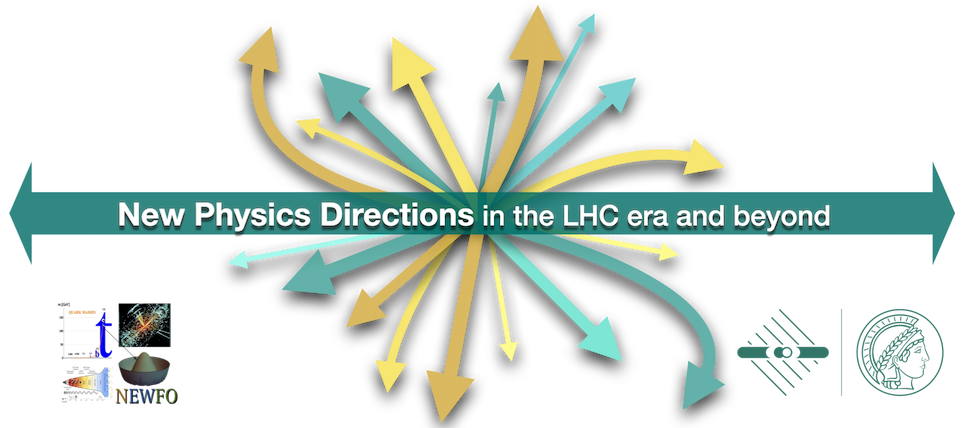Speaker
Description
The early Universe represents a unique laboratory for frontier physics, providing extreme conditions and amazing chances to test theoretical models. A large class of cosmological phenomena may allow us to probe particle physics at energy scales much beyond the reach of current and future colliders. Within this class, first order phase transitions cover a privileged role since they may leave behind several imprints. Among the others, a stochastic background of gravitational waves could be an invaluable experimental handle to the physics beyond the Standard Model, possibly related to the electroweak sector, and complementing collider searches. The crucial properties of cosmological relics depend on the dynamics of the bubbles nucleated during the phase transition: how they interact with the surrounding plasma and the friction they experience. In this talk we discuss about a substantial step forward in the quantitative theoretical description of the bubble dynamics, allowing for unprecedented precision in the extraction of physical observables such as the bubble speed and efficiency factors.

